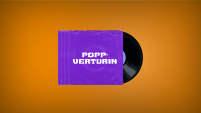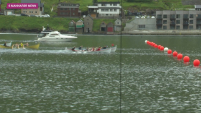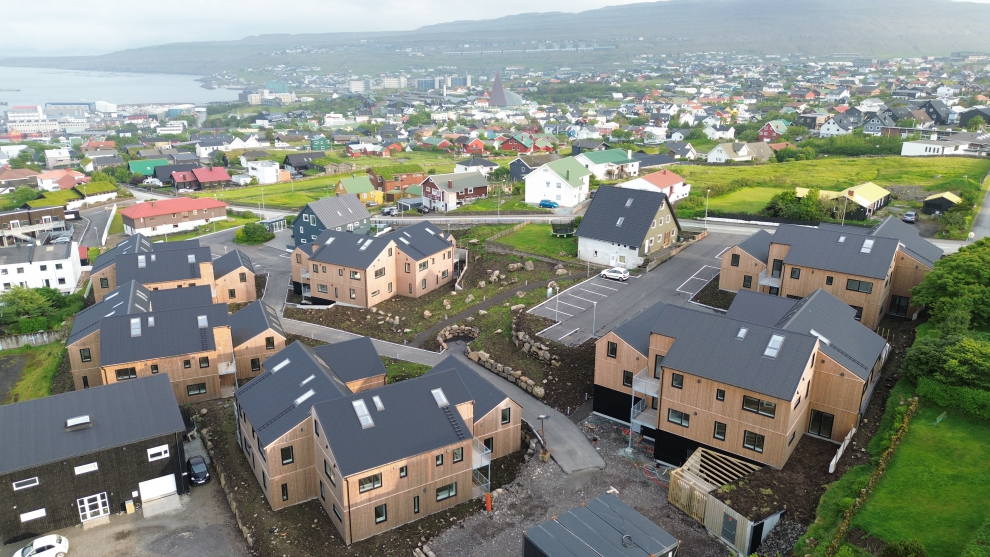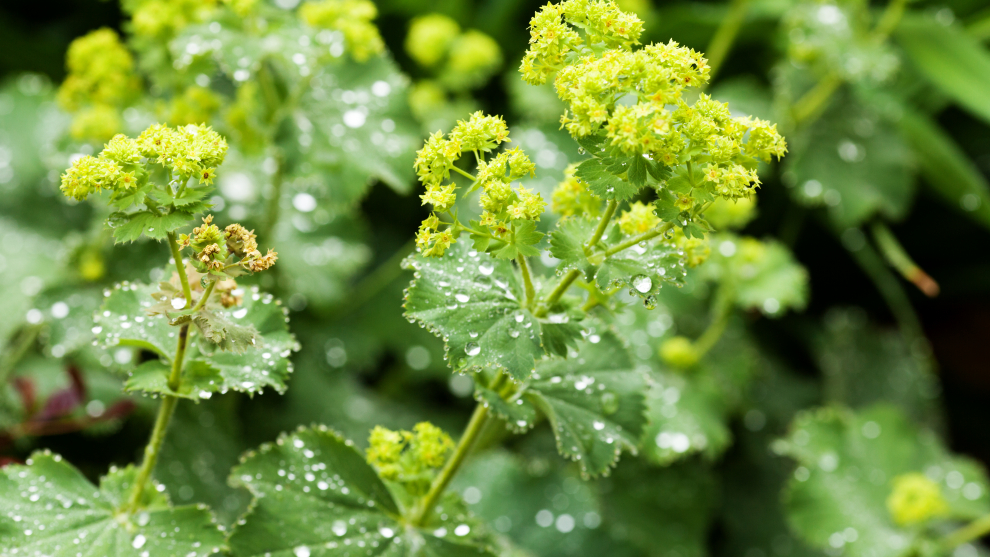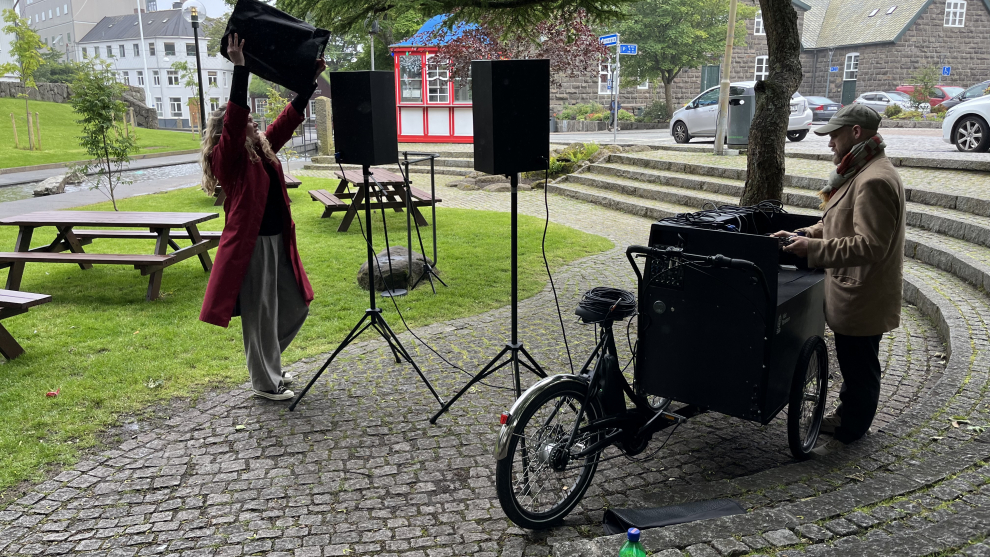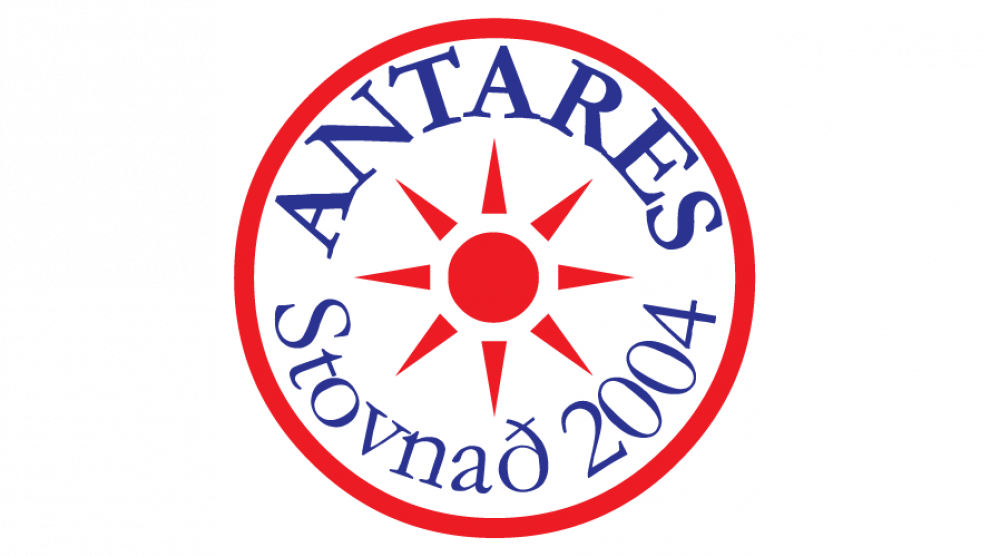- Tíðindi, mentan og ítróttur
Red-thighed flies are “annoying but not harmful”

Millions of pesky flies are casting dark clouds over parts of the country these days, especially in Tórshavn.
This is due to an influx of red-thighed St Mark’s flies, also known as heather flies, with the Latin name of Bibio pomonae.
“Just like wasps, this fly is becoming increasingly common in the Faroe Islands,” says Nólsoy-based ornithologist Jens-Kjeld Jensen.
“There is no doubt the recent increase in these previously exotic creatures can in some way be attributed to climate change.”
>> SEE ALSO Fewer wasps this summer
Heather flies are, however, not new to the Faroe Islands. According to Jensen, the first specimens were spotted in Suðuroy as far back as in the 1860s.
“The first time I saw these flies was in Fugloy some 30 years ago. They arrived here in large numbers in 2017, and now they are becoming increasingly common.”
He adds that the flies do not sting humans and are not harmful.
“They fly low and near people. They’re really annoying but they’re harmless.”
>> SEE ALSO Giant house spider breeding in the Faroes
His only advice is to be patient, as the heather flies are seasonal and will probably be gone by the end of July.
“But they will return next summer, so we just have to get used to them.”
Translated by prosa.fo







